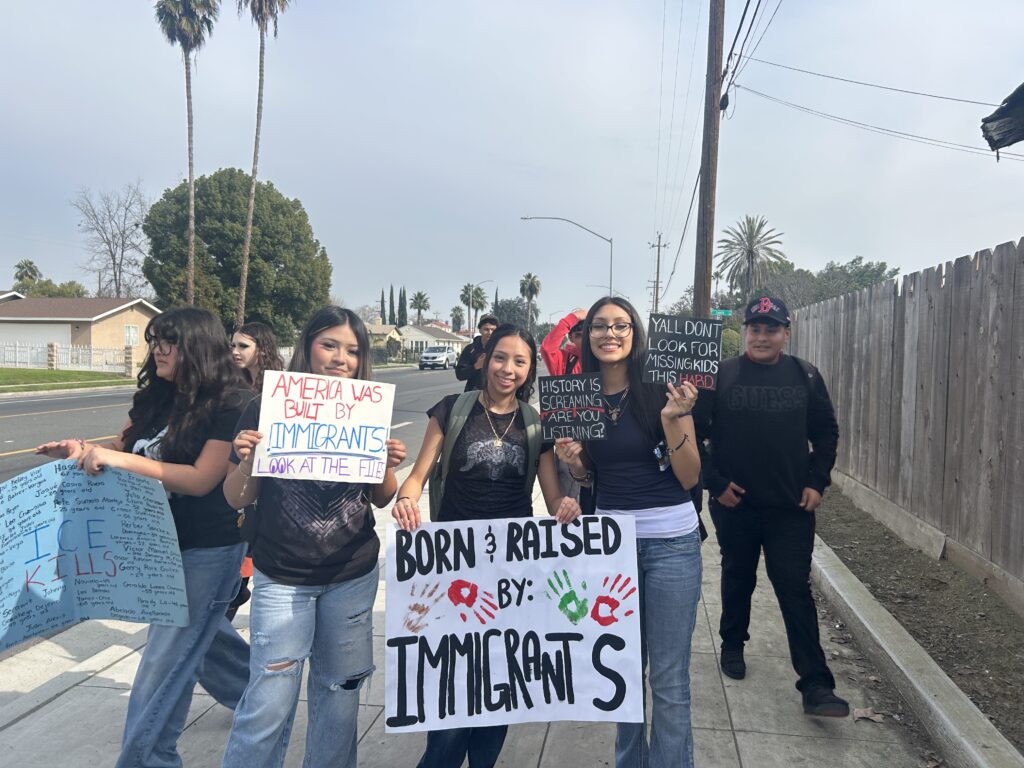Share
SACRAMENTO — Racial disparities have narrowed across the U.S. criminal justice system over 16 years, though black people are still significantly more likely to be behind bars than white people, new federal figures show.
Racial gaps broadly declined in local jails, state prisons, and among people on probation and parole, according to the study released Tuesday by the nonpartisan Council on Criminal Justice.
Many don’t realize how much the racial gap has narrowed, not only in incarceration but in parole and probation, said Adam Gelb, president and chief executive of the politically diverse council that launched in July to seek solutions to problems in the criminal justice system.
“Most people think this is a bad problem that’s getting worse,” said Gelb, whose group has brought together governors of both parties, police officials and Black Lives Matter organizers. “It turns out it’s a bad problem that’s getting a little better, and for very complex reasons that we need to understand at a much deeper level.”
Critics contend minorities’ disproportionate involvement in the U.S. criminal justice system reflects systemic racial bias. Researchers have blamed prejudice by police, prosecutors, judges and juries; racial differences in crimes; and get-tough sentencing laws during the high crime era of the 1980s and ’90s.

Other National Statistics
While racial inequity in arrests and incarcerations narrowed, the length of prison sentences increased across all crime types for black people and partially offset the benefits, according to the report co-authored by Georgia State University professor William Sabol, former director of the federal Bureau of Justice Statistics.
— Nine African American men were in state prisons for every white inmate in 2000, which dropped to a still disparate six black men for every white man by 2016. The change mostly stemmed from a 30% decline in the black male imprisonment rate, largely driven by falling drug crimes.
— Six black women were imprisoned for every white inmate in 2000, which fell to two-to-one by 2016. Fewer black women were being incarcerated for drug crimes, while more white women were imprisoned for violent, property and drug crimes.
— The disparities between Hispanics and white people also shrank across all categories since 2000.
‘Such Stark and Eye-Catching and Disturbing Disparity’
While falling drug crimes had a big impact on racial disparity the shift raises questions the study’s authors couldn’t answer.
“Something was going on here well before (marijuana) legalization started to happen in states and also before the opioid epidemic, which is much more recent,” Gelb said. “Drug enforcement patterns started to change before both of those things. It’s clear that somewhere along the way, societal attitudes toward drugs and drug enforcement started to change.”
The nonpartisan Public Policy Institute of California reported a similar marked drop in the racial divide in arrest trends since the 1980s in the nation’s most populous state but also found that black people are still far more likely to be arrested than white people.
That’s partly because “there was such stark and eye-catching and disturbing disparity” in the first place, said institute researcher Magnus Lofstrom, who was not involved in the national study.
He said the disparity could be influenced by bias, economic factors or police concentrating on high crime areas that also have high minority populations. There has been a marked decrease in crime rates and a recent reduction in the severity of penalties, particularly for drug and property crimes, in states like California.
Categories

Teen Arrested at Visalia Mall After Firearm Report

Tumblr Goes Down for Thousands, Downdetector Reports
















